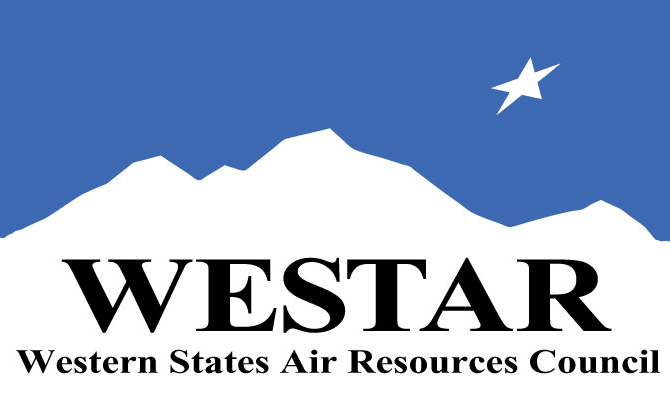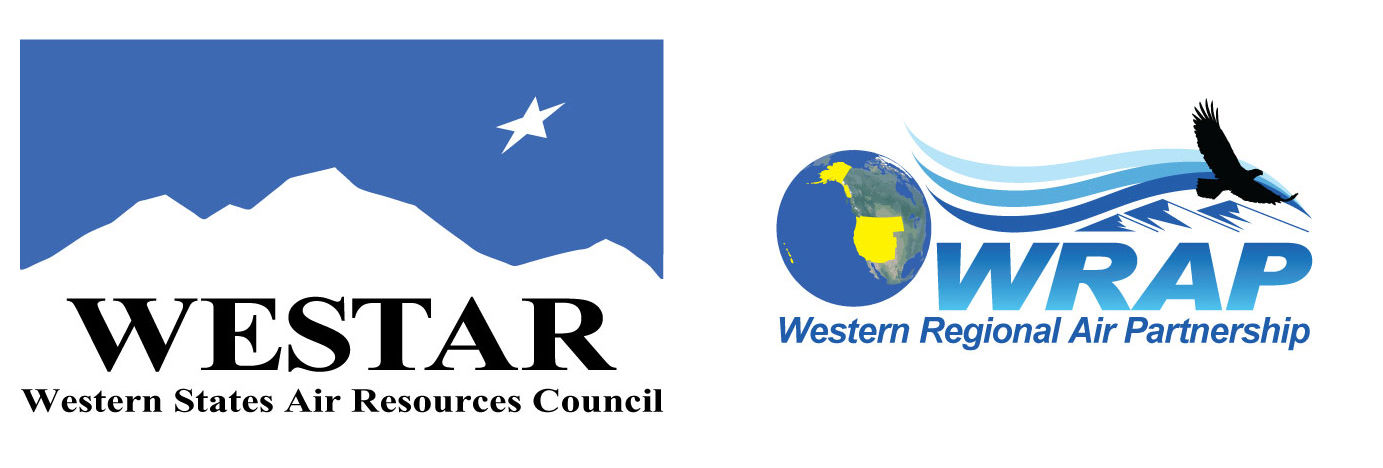Residential Wood Heating
Overview
In many areas of the western US, burning wood is the most economical and practical means for residents to heat their homes, particularly in remote areas or communities with high energy costs. Because of the importance of wood heating in these areas, it is critical that EPA’s rulemaking provide a balance that allows for the continued economic use of wood heat while making gains to reduce air pollutant emissions to levels safe to human health. Residential wood heating appliances remain in homes for many years. It is critically important that the public have ready access to the cleanest burning affordable technology so that when they purchase a new or replacement appliance it meets a high level of emission performance. This is particularly important in airsheds dominated by residential wood smoke that may already have unhealthy air. State and local air quality management organizations are required by the Clean Air Act to develop regulatory programs for these communities to mitigate the adverse health consequences of residential wood heating. The alternatives are often limited to curtailment programs when air quality deteriorates and stove change-out programs to replace non-certified appliances with certified ones. In some areas, temperature inversions during the winter, when people rely most on wood to heat their homes, keeps wood smoke close to the ground creating greater health risks from PM2.5. Western states, tribes and local air agencies have long struggled with pollution from residential wood combustion. Control strategies put in place over the years have enabled some areas to come into compliance with the PM NAAQS.
2023 National Wood Heating Workshop Training Materials
Wednesday, April 12
Inflation Reduction Act Funding Opportunities
Larry Brockman: Overview of the Inflation Reduction Act
Madeline Salzman: Home Energy Rebate Program
Danny Gogal: Environmental and Climate Justice Block Grant Program
Rich Damberg: Climate Pollution Reduction Grant Program
Gillian Mittelstdaedt: Affordable Heat, Cleaner Communities, and Happy Consumers
Thursday, April 13
Lightning Round Talks

Contact Us
Western States Air Resources Council
(WESTAR)
1209 Mountain Road PL NE
Suite 5162
Albuquerque, NM 87110-7845
Phone: (505) 954-1160
Fax: (505) 954-1216

